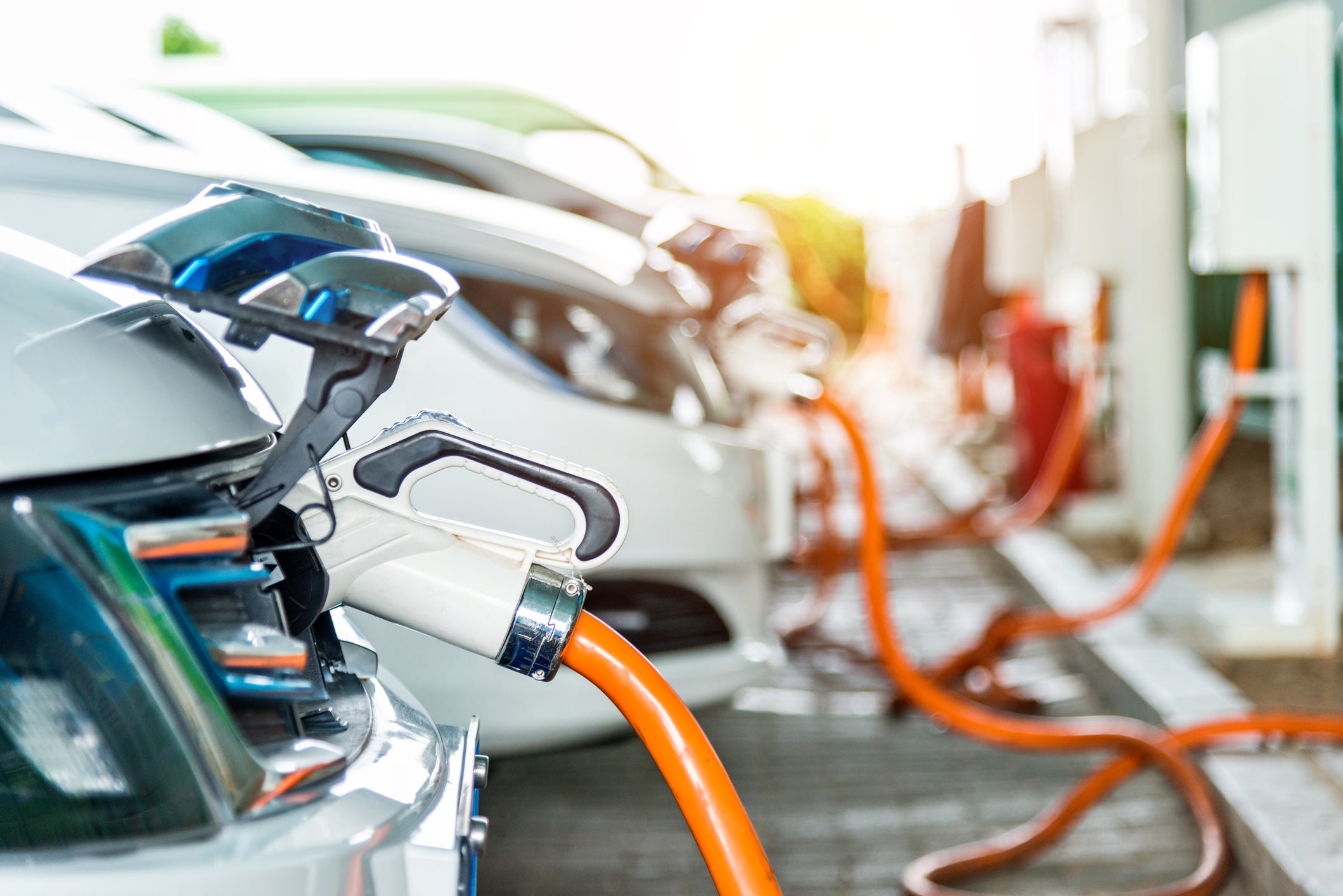
The Chinese Ministry of Finance has issued new subsidies worth 38.5bn yuan (US$6bn) for new energy vehicles (NEV) and electric vehicles (EV).
The subsidies include a settlement of subsidy funds for the promotion and application of NEVs from 2016 to 2019 and an allocation of funds for the promotion of NEVs from 2019 to 2020.
The subsidies will be distributed to local governments and will be allocated to NEV manufacturers after the start of the 2022 budget year, the Ministry of Finance announced on Monday.
Subsidies for US EV maker Tesla were approved for 101,000 vehicles in 2020, which corresponds to nearly 2.13bn yuan (US$330m), making it the company that received the largest sum in subsidies. According to Tesla’s official data, a total of 148,000 vehicles were sold in China in 2020, accounting for approximately 68% of Tesla’s sales in 2020.
China EV manufacturing picks up speed
There has been an explosion in interest in EVs in China in recent years. According to data from the China Passenger Car Association, retail sales of EVs reached 321,000 units in October, up 141.1% year-on-year. From January to October, the retail sales of NEVs were 2.139 million units, up 191.9% year-on-year.
“China has aimed to make NEVs account for 25% of its auto sales by 2025,” write GlobalData analysts in a thematic report. “The country accounts for nearly 38% of global EV sales, as of 2020, reflecting China’s position as the most populous country and the one with the highest demand for transportation.”
Manufacturers have noticed this trend, as traditional carmakers, NEV startups and other consumer technology companies have all pledged to start building electric cars. Notable in this pool is the growing number of smartphone manufacturers joining the car manufacturing business.
Smartphone brands such as Oppo, Vivo, Huawei and Xiaomi have all jumped on the EV bandwagon. Xiaomi – the world’s third largest smartphone vendor – announced on Saturday that it was building its first EV factory in Yizhuang, a suburb outside Beijing.
According to the deal, the Beijing-based firm will construct the factory in two phases, each designed to have an annual production capacity of 150,000 units. The first vehicle is expected to hit the market in 2024.
The headquarters of Xiaomi’s car unit will also be in the same location, as well as a sales centre and a research and development centre. The company did not disclose how much the factory would cost.
Since the announcement in March that Xiaomi was moving into the EV industry, the company has expanded this unit aggressively. At the time, the company said that it would invest US$10bn on its NEV projects over the next 10 years. It also recently hired over 500 employees for its car unit.
Another Chinese tech giant that has made gained momentum in the car industry is Huawei. Although, the company has reiterated on numerous occasions that it will not build its own cars. Still, it has rapidly ramped up and accelerated its strategy to support the car industry with its expertise in areas including the internet of things, cloud computing and big data technologies.
This summer, the company announced – in cooperation with car manufacturer Hozon Auto – the development of its Neta S model, a fully electric S model integrated with Huawei’s MDC (mobile data centre) intelligent driving platform and Lidar technology.
Given the Chinese government’s push for NEVs, many Chinese vehicle startups have skipped the step of perfecting traditional combustion engines and have moved directly to developing electric cars. The global push for sustainable transportation has given Chinese EV firms a competitive edge.
This, in addition to the favourable regulation in China as well as in many European countries, has resulted in a wave of Chinese carmakers aiming for the western market.
Last week, EV startup and Tesla rival XPeng said that it would start exporting cars to Denmark, Sweden and the Netherlands in 2022. Previously, the company had already set up shop in Norway. In addition, XPeng vice president and chairman, Brian Gu, said that it wanted half of its sales to be outside of China in the future.
Similarly, Chinese EV maker Nio recently said it was planning to charge into five new European countries next year, besides its existing presence in Norway.







